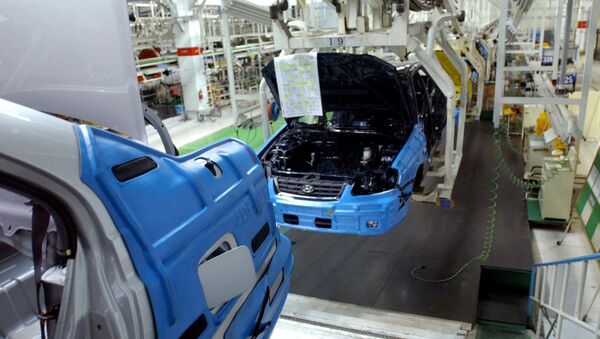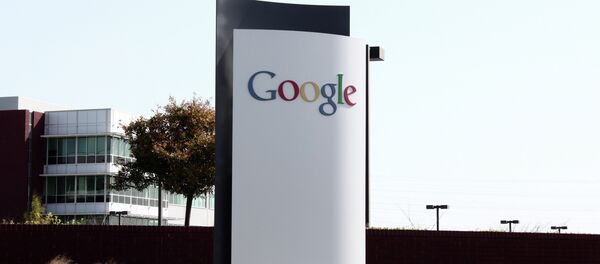Kristian Rouz – US auto market has posted slower sales in the past several months due to structural issues in the car loan segment and the lower purchasing power of American consumers.
The US National Highway Traffic Safety Administration (NHTSA), a safety regulator, opened an official probe on May 18 into possible engine defects in vehicles produced by the South Korean automotive enterprise Hyundai Motor Co and their affiliate Kia Motor Corp. The investigation might result in a massive recall of Hyundai and Kia vehicles from the US market, despite three recent smaller-scale recalls in the US.
The auto producers may face fines should the NHTSA rule that the previous recalls were not carried out properly. Hyundai representatives insist the company "has conducted recalls in compliance with US regulations and procedure;" however, possible engine defects might still be present in a significant amount of Hyundai and Kia vehicles currently for sale in the US.
The federal investigation was initiated after the US government last year received information from a former Hyundai engineer that Kia vehicles should have been subject to the 2015 Hyundai recall. Hyundai, for their part, should have recalled more vehicles at the time, the US government believes, as the engine defects have turned out to be more common in Hyundai and Kia cars.
If the NHTSA determines that the scope of the recall should have been wider, this will significantly impair Seoul-based Hyundai’s positioning in the US market. Aside from the costly recall of roughly 1.7 mln vehicles, the car maker will suffer reputational losses, while their market niche will be occupied by other manufacturers, most likely comparably-priced models from the US-based companies GM and Ford.
After the initial 2015 recall, on March 31, 2017, both Kia and Hyundai expanded the scope of the recall to an additional 618,160 Kia Optima, Sorento and Sportage cars, and 572,000 Hyundai Sonatas and Santa Fe SUVs. This, however, may still have been not enough. Both companies have suffered a total of $322.40 mln in losses due to the recall.
The US auto market, meanwhile, has slowed significantly, and the boom in auto sales, which had been a characteristic of the post-Great Recession recovery, fuelled by ultra-affordable credit, has largely waned. Most US manufacturers had to slash costs during the past year and in 1Q17 due to a slowdown in auto sales after seven straight years of growth.
Hyundai has already paid settlement money to the US government on at least one occasion in the past. In 2014, the NHTSA ruled that the carmaker protracted on a recall of 43,500 vehicles, which might have caused two driving-related injuries to US consumers. Hyundai paid $17.35 mln in fines at the time. Now, given the larger scope of the recall under scrutiny, the associated losses could be much greater for the company.
In 2015, US Congress ruled that minimum fine an auto manufacturer could face for one delayed recall would be $105 mln.




